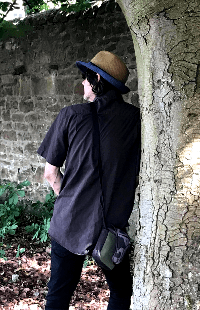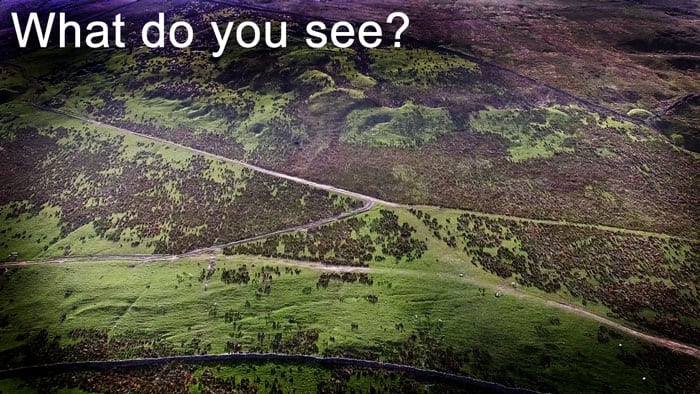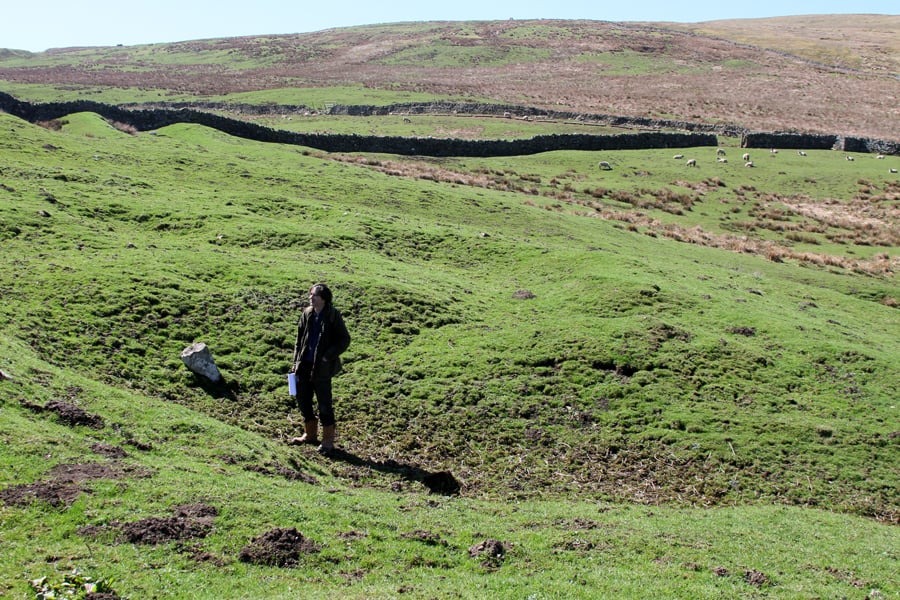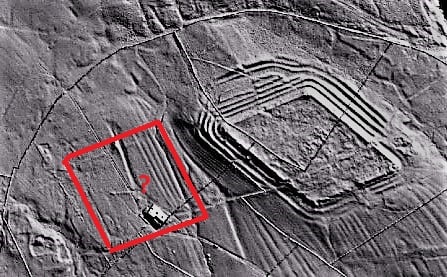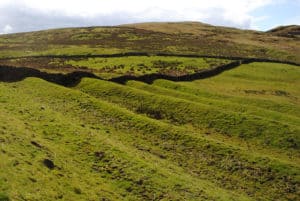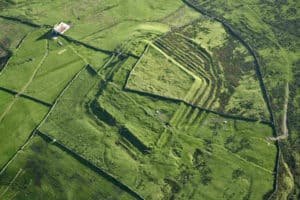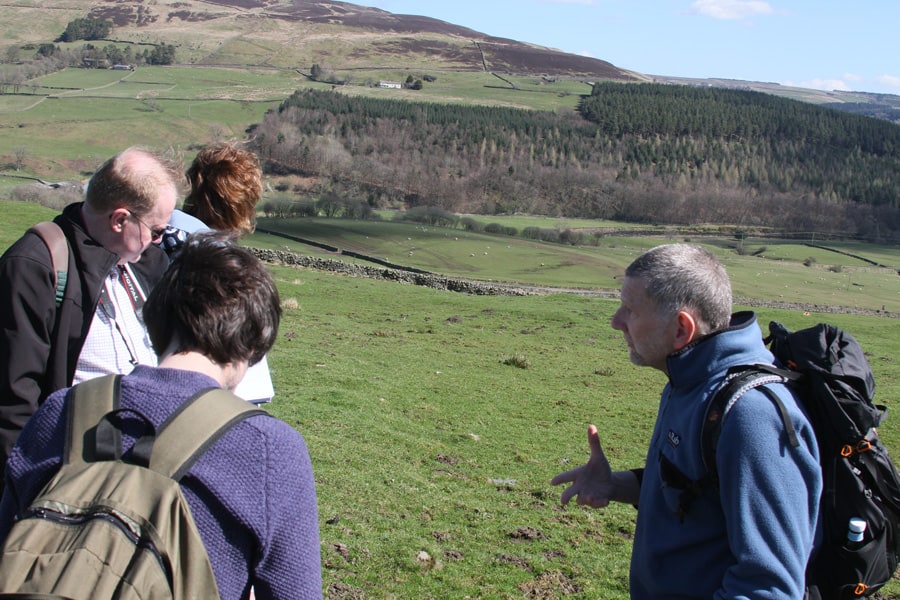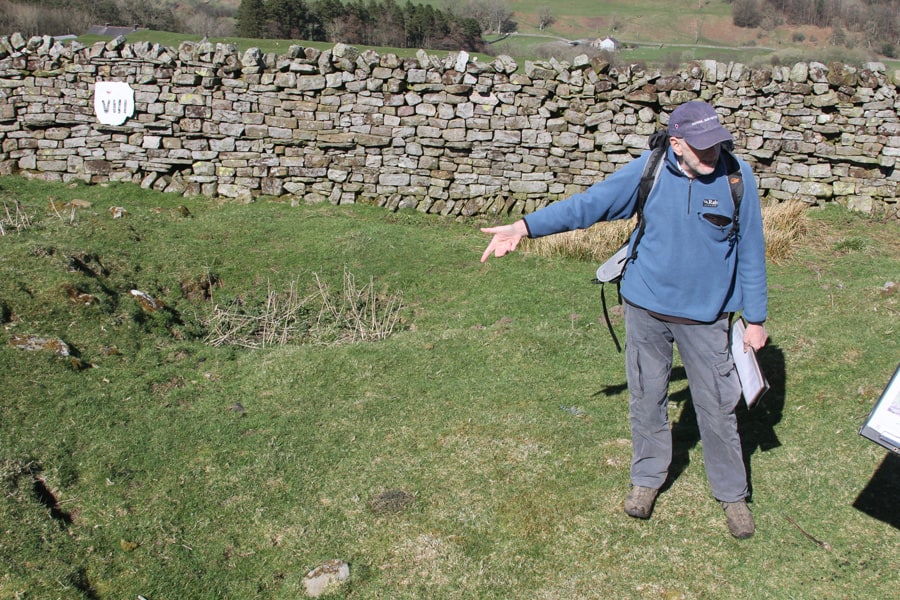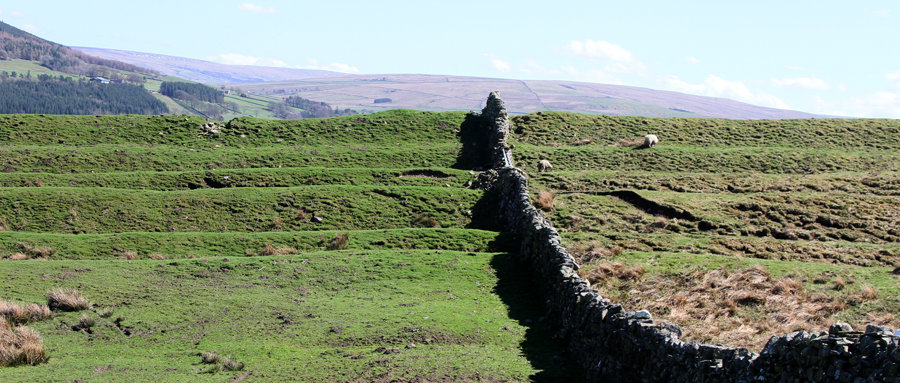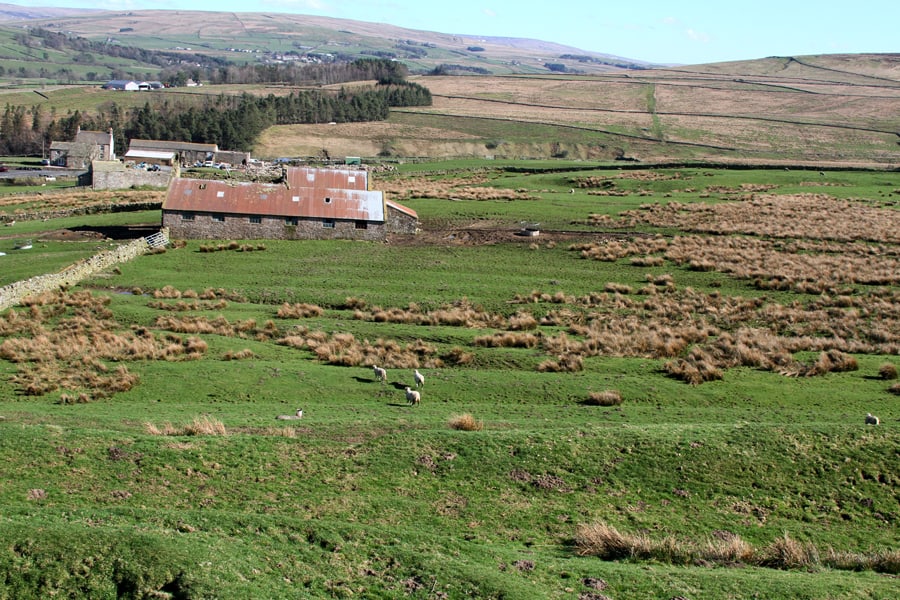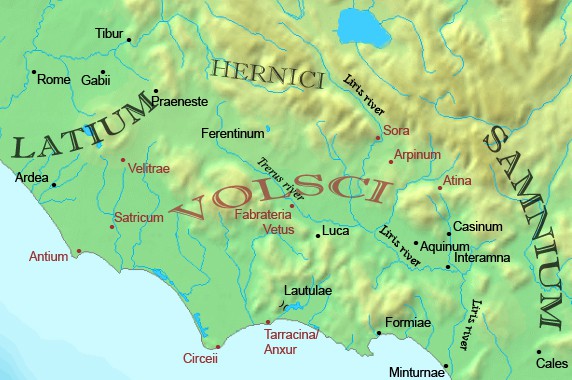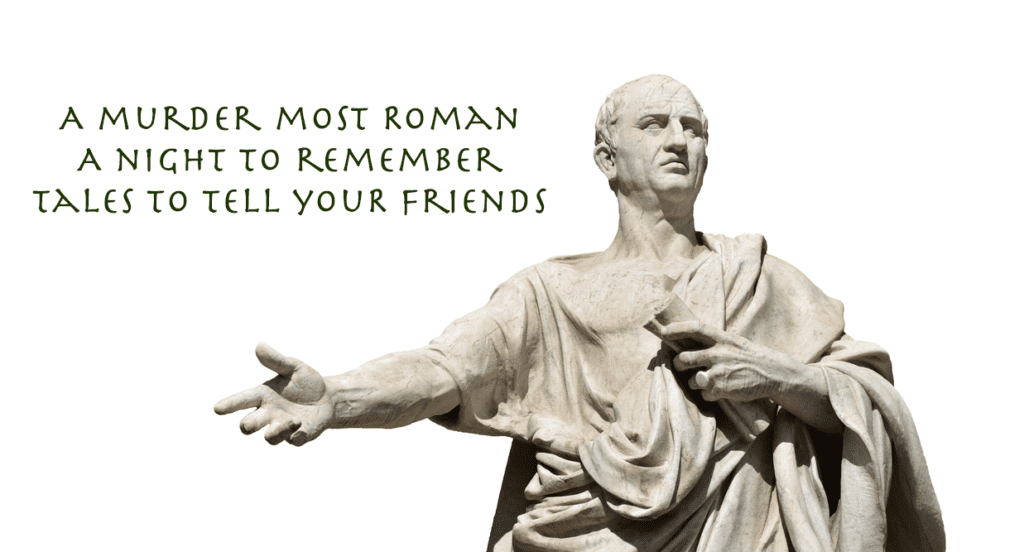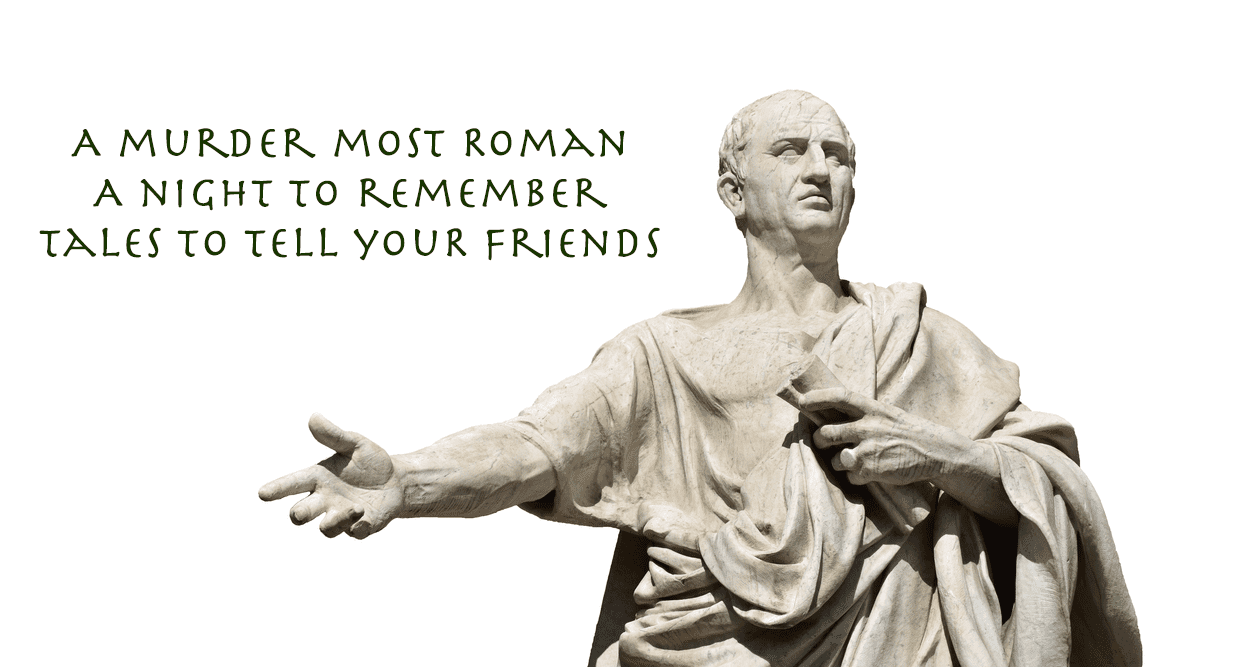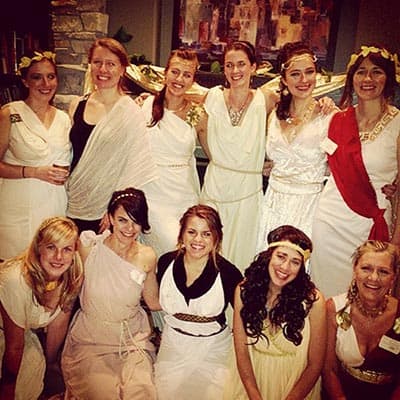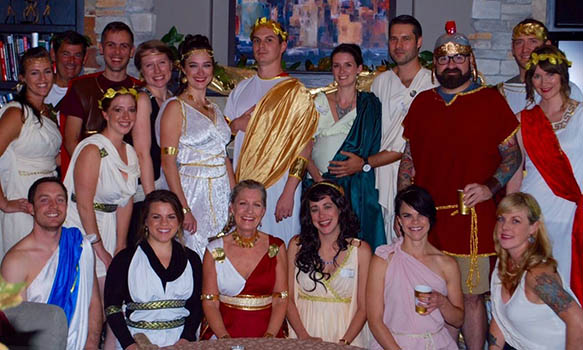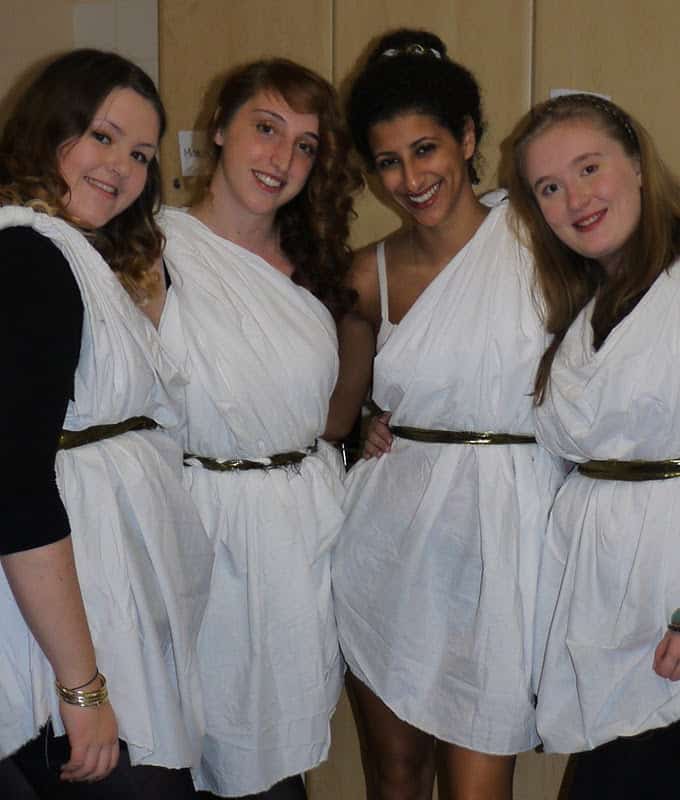Our Man In Pompeii : The Prelude
Word has come down from Epiacum… from the Big E herself. There’s a job on. That’s how it goes around here – another week, another job.
But this one’s different. This one requires some travelling. Time to dig out the suitcase and the mobile razor.
“Italy,” she says, “Pompeii.”
“Right,” I say, “the place with the volcano.”
“Vesuvius. You remember?”
Sure, I remember. Like anyone could forget AD79… when the whole mountain erupted and covered the town in ash like a man sorting the cat’s litter tray by pouring a whole bag of KittiKlean on top of it rather than cleaning it out. Nearly two thousand years later and they’re still clearing up the mess.
“You’ll need a trowel. See you what you can find. Make contacts, connections. They know things that could be very useful to us. You leave on Friday. Good luck.”
Friday eh? Well I’ll get to see the match. Better pack a lava lamp just in case. At least I’ll get out of this sweltering heat and hey, who knows, maybe’s there a decent pizza out there with my name on it.

